Core java training in Bangalore
Are you looking for the best core java training in Bangalore? Look no further than Jnana Infotech Institute! We offer comprehensive and engaging courses on all you need to know about Core Java Programming. Our experienced instructors are experts at providing clear instructions, live demonstrations, and relevant examples of coding techniques. This will help ensure that everything learned can be put into practice quickly and accurately – helping our students get ahead fast.
Core Java is used in all kind of applications like Mobile Applications (Android is Java based), desktop applications, web applications, client server applications, enterprise applications and many more.
Core Java training In Bangalore
If you’re looking for Core Java training in Bangalore, Jnana Infotech Institute! Our experienced instructors provide comprehensive classroom and online courses tailored to your needs to help you learn and Core Java programming.
For queries call or WhatsApp at +918951678041
Get Complete Course & Placement Details
Get Complete Course & Placement Details
Our Recruitment partners
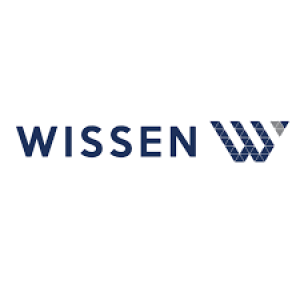
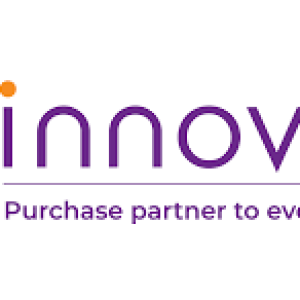




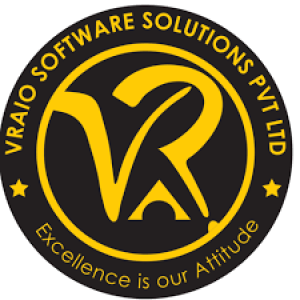
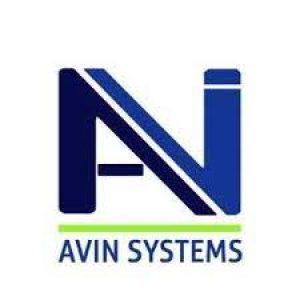
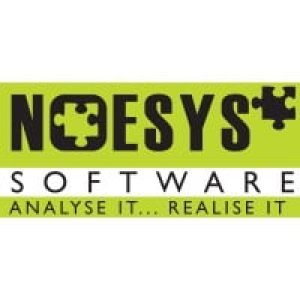

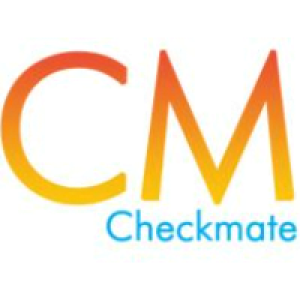
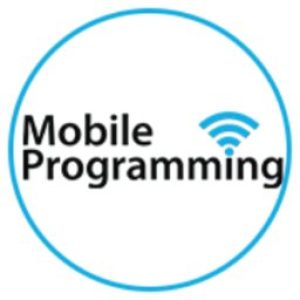

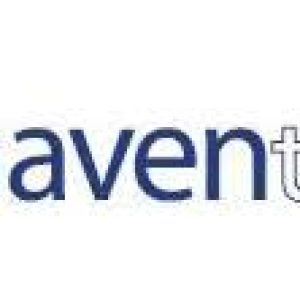

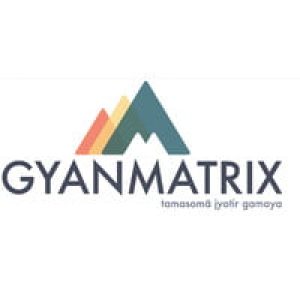
Course Objectives
To learn why core java training programming is useful for the design of desktop and web applications. To learn how to implement object-oriented designs with Java. To identify Java language components and how they work together in applications. To design and program stand-alone Core Java applications.
Things you will learn in Core JAVA Training
We help our students at every stage, from the start of a course to the actual skill-building technique. Our curriculum covers the following.
- Core Java Might as a Programming Language
- Relevance of C language in the ultra-modern century
- Codification: Classification of Programming Languages
- Machine Level – 11000101
- Assembly Level – ADD AX, BX
- High Level – print(10+12)
- Memory Hierarchy
- Object File V/s Executable File
- Assembler V/s Compiler
- Compiler V/s Interpreter
- First Java Program: Prototype of main() method – Visibility V/s Accessibility
- Know your commands: Java commands to Compile and Execute
- Nitty-gritty of Java: .class File
- Command Line Arguments
- Valid Signatures of main() method
- Streams in Java
- Object Orientation & its Principles
- Classes and Objects
- Design Guesser Game Application
- Java Documentation (Javadoc)
- Statically typed V/s Dynamically typed
- Java Naming Conventions
- Integer data types – byte, short, int, long
- How real-world data is stored in Memory?
- Overflow V/s underflow
- Wraparound behavior
- Binary | Decimal | Hexadecimal | Octal representations
- Intro to IEEE
- BigDecimal class
- Strictfp keyword
- ASCII Encoding Format V/s
- UNICODE Encoding Format
- UTF – 8 V/s UTF – 16 V/s UTF – 32
- Escape sequences
- Methods
- Types of Methods
- Method Overloading
- Don’t fall for the illusion: VirtualPolymorphism
- Method Overloading with Type Promotion
- Overloading of main() method
- Variable Approach V/s Array Approach
- Types of Arrays
- Regular V/s Jagged Arrays
- Array of Objects
- Control Structures
- Loops in Java – for | while | do-while | for-each
- Arrays Programming
- java.util.
- Arrays inbuilt class
- Programming with Matrices
- Time Complexity V/s Space
- Complexity
- Know when to use: Advantages and Disadvantages of Arrays
- Immutable V/s Mutable Strings
- Memory allocation of Strings
- Common Operations on Strings – equals() | concat() | intern() | method()
- Inbuilt methods of String class
StringBuffer and StringBuilder classes - StringBuffer V/s StringBuilder
- C Strings V/s Java Strings
- Private access modifier
- Accessors and Mutators
- Shadowing Problem
- “this” keyword
- builder does the setting up: Constructors
- Types of Constructors
- Constructor Overloading
- Constructor Chaining
– this()
– super() - Singleton Design Pattern
– Singleton Class
- Ideal Execution of a Java Program
– static control flow
– instance control flow
– with both static and instance elements - Static variables V/s Instance variables – class variables
- Static methods V/s Instance methods
- Static blocks V/s Instance blocks
- Inner classes V/s Nested classes
- “extends” keyword
- Advantages of Inheritance
- Rules of Inheritance
- Types of Inheritance
- “super” keyword – super V/s super()
- Sealed classes
- Constructor chaining in Inheritance
- Static control flow in Inheritance
- Types of Methods in Inheritance
- Method Overriding
- java.lang.Object class
- Runtime Polymorphism / Dynamic Method Dispatch
- Tight coupling V/s Loose coupling
- Type Casting between objects
- Upcasting V/s Downcasting
- Advantages of Polymorphism
- Runtime polymorphism with Data members
- Benefits of Polymorphism
- Static Binding V/s Dynamic Binding
- Instance of operator
- Method Hiding
- Packages in Java
- Modules in Java
- Rules of Overriding
- Delegation Model
- Abstract classes
- Concrete methods V/s Abstract methods
- Advantages of Abstraction
- “final” keyword
- Java Enums
- java.lang.Math class
- Static import
- “implements” keyword
- Rules governing the use of Interfaces – Marker Interface
- Inheritance with Interfaces
- “extends” with “implements”
- Static and Default methods in Interfaces
- Private methods in Interfaces
- Functional Interfaces
- Lambda Expressions
- Factory Design Pattern
- Annotations
- “implements” keyword
- Rules governing the use of Interfaces – Marker Interface
- Inheritance with Interfaces
- “extends” with “implements”
- Static and Default methods in Interfaces
- Private methods in Interfaces
- Functional Interfaces
- Lambda Expressions
- Factory Design Pattern
- Annotations
- Try-catch-finally blocks
- Different ways of Handling an Exception
- Multiple catch blocks
- Exception Object Propagation
- Exception Hierarchy
- Checked V/s Unchecked Exceptions
- “throw” V/s “throws” keyword
- Error V/s Exception
- Custom Exceptions
- Nested try-catch
- Try with resources
- “final” V/s “finally” V/s “finalize”
- Exception handling with Overriding
- Map hierarchy
- HashMap class
- LinkedHashMap class
- TreeMap class
- Collection Views
- Files and I/O
– FileInputStream and FileOutputStream
– FileWriter and FileReader
– FileInputStream V/s FileReader - BufferedWriter and BufferedReader
- Inbuilt File class methods
- Standard I/O Streams
- PrintWriter
- Projects
Jnana infotech Institute in Bangalore Offers Training on Below Courses

C | C++ Programming

Python Training

Core Java Training

Advanced Java Training
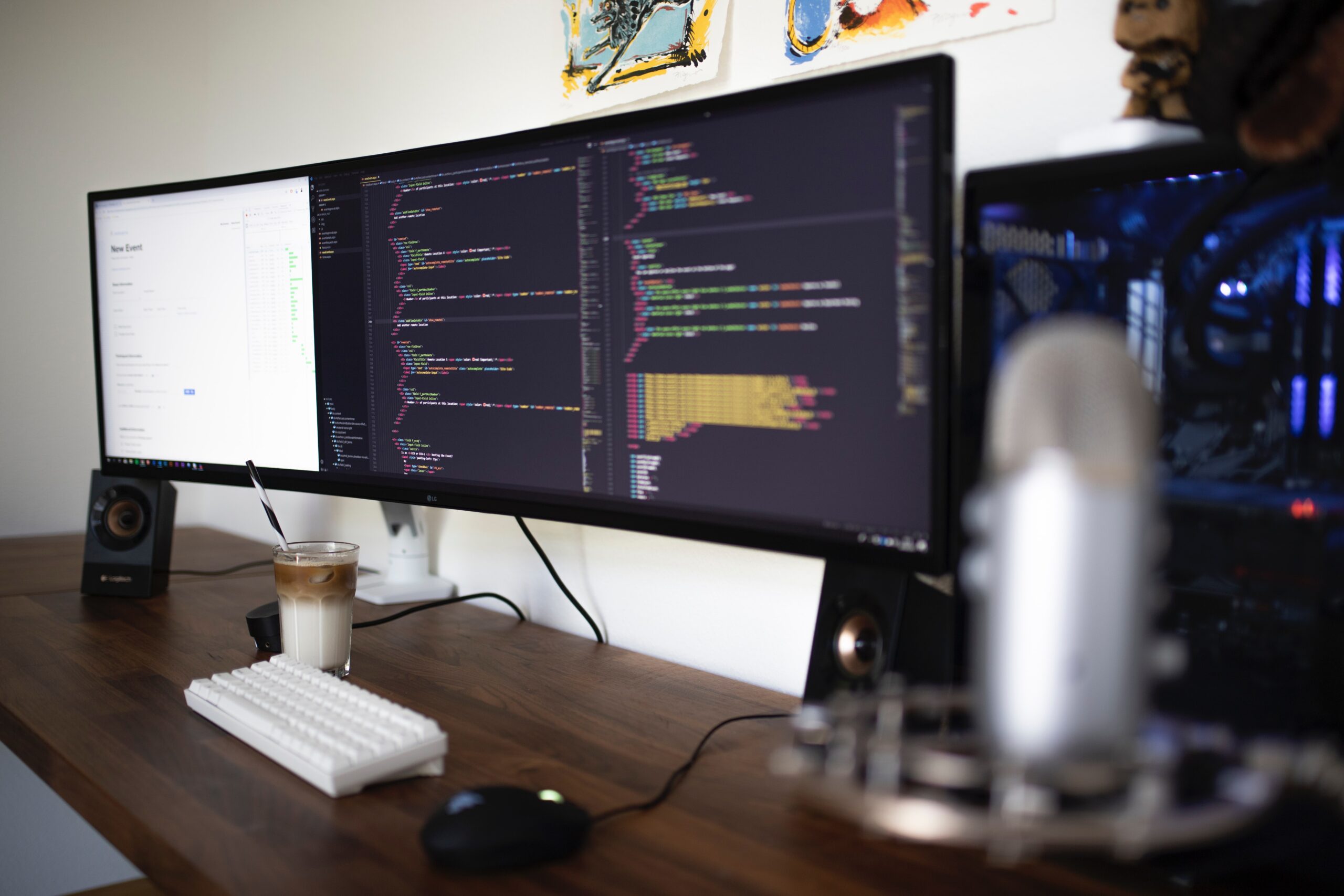
JAVA Framework Training
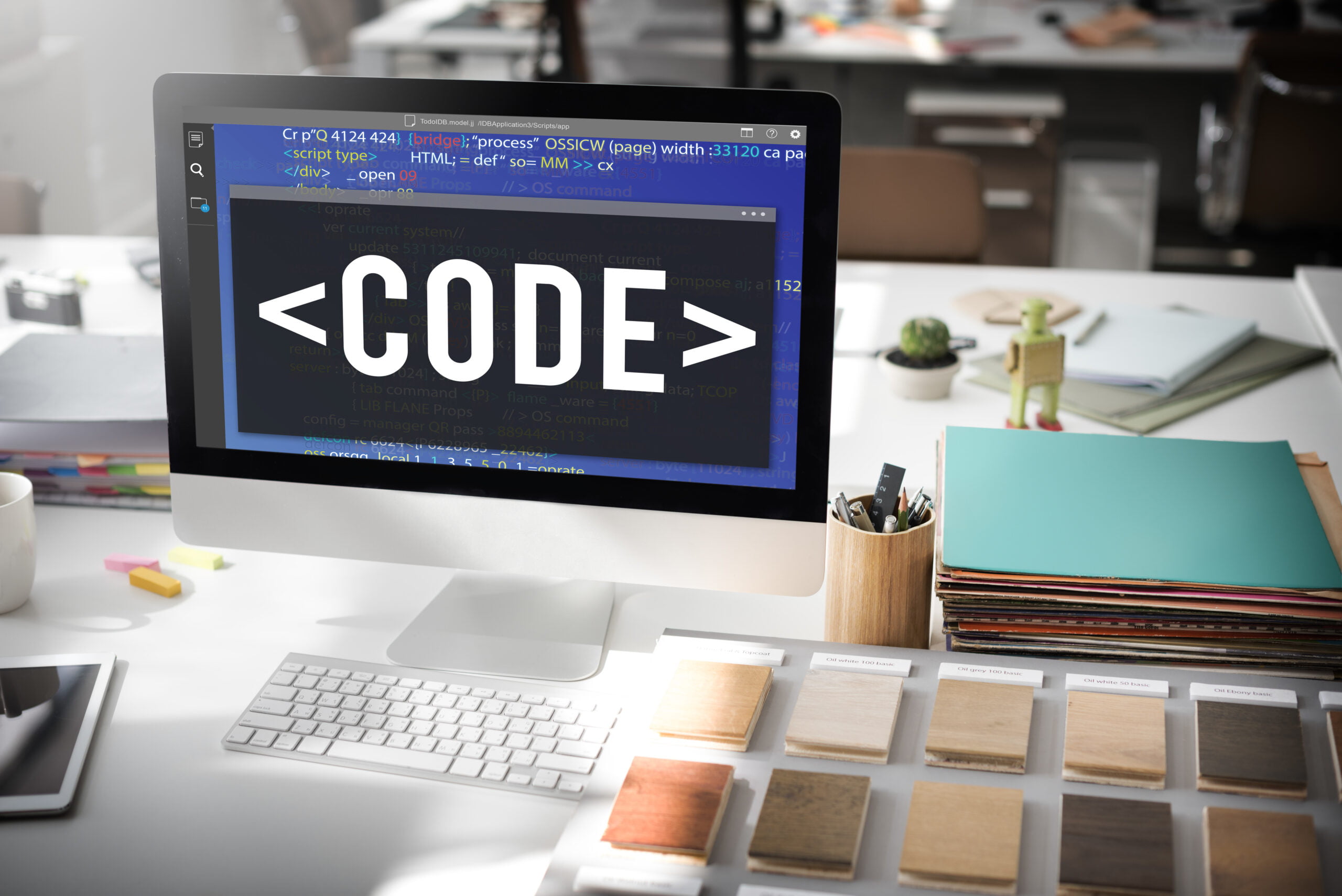
HTML5, CSS3, Bootstrap

JAVAScript / JQuery Training

Angular Training

React JS

React Native Training
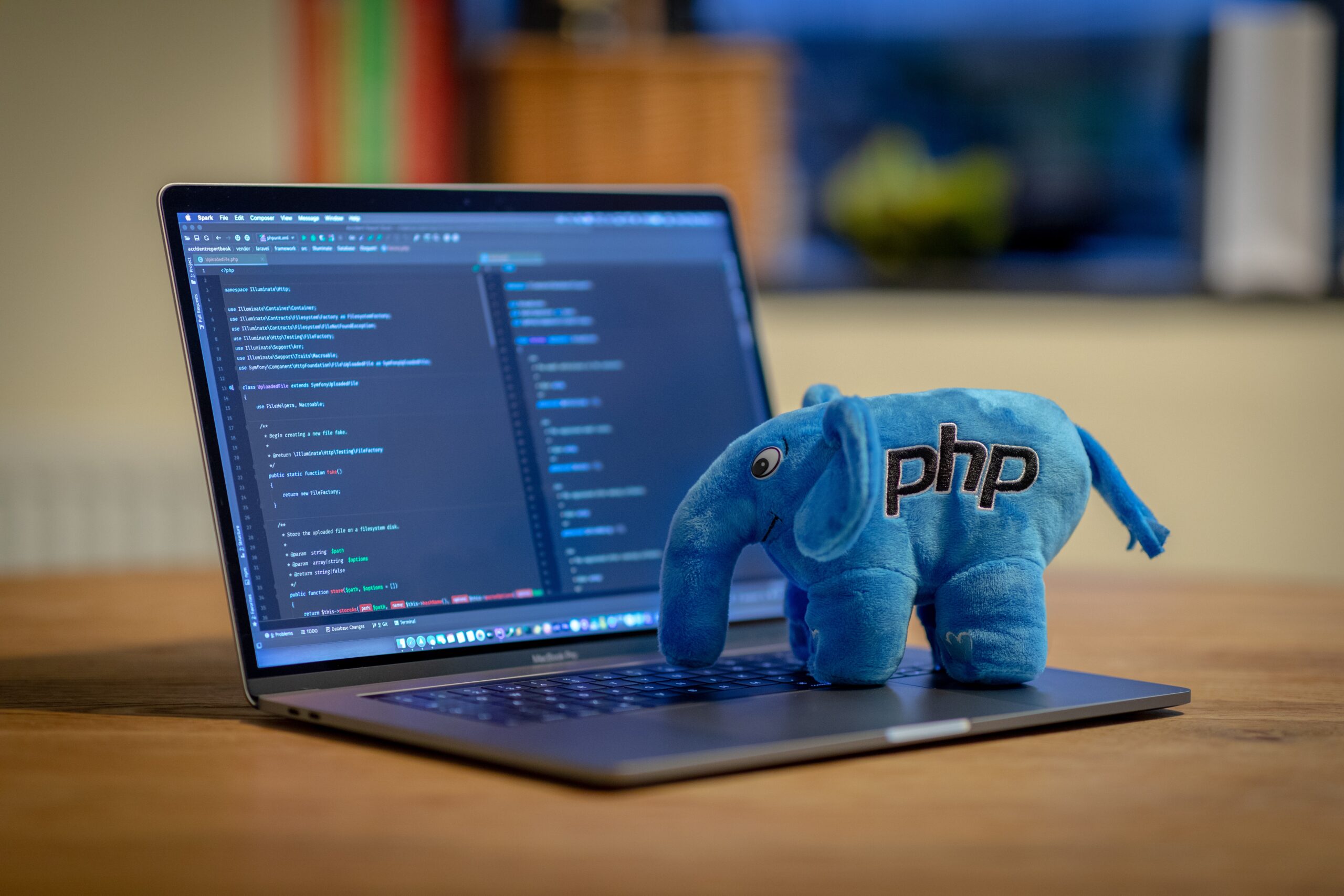
PHP Training

Mysql Development

Oracle Advanced PL/SQL Development Training
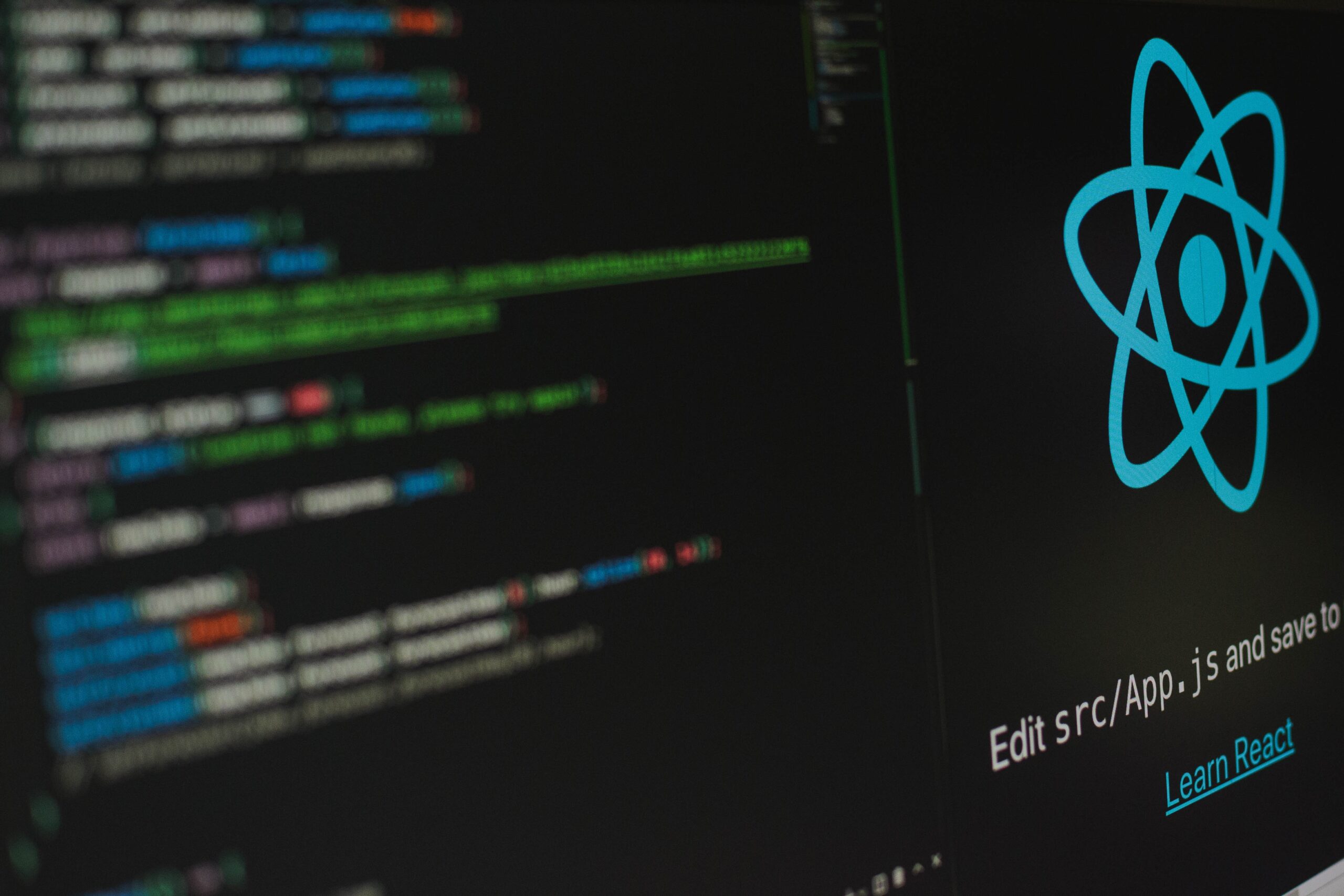
MongoDB Training

Frontend Development

DevOps AWS | KUBERNETES | JENKINS Training

Ethical Hacking Training

Cyber Security Associate

What Students Say about Jnana Infotech Training Institute Bangalore
Frequently Asked Questions
Jnana Infotech Guaranteed Placement Program (TWGPP)covers all aspects of developing a fresher to a qualified professional ready to meet human resources needs of today digital world. Exhaustive program covers pre assessment, grooming, industry ready skills and soft skills trainings to empower students to become qualified professionals. We offer interview opportunities and work relentlessly to help our students placed
At the core of Jnana Infotech Placement Program’s Skill journey is the vision to empower and make job ready the tech freshers with a consistent academic track record.
This unique program provides job aspirants an opportunity to unlock their IT-Career by following the strenuous hands on training on industry skills, employability skills and internship opportunities.
In addition to the technical skill training leaner will go through a 36 hour training to develop him/her for employment. Skills covered in this program include:
Employability skills covering honesty & integrity, Communication, Team work and collaboration, Problem solving, Leadership, Critical (analysis) thinking, adaptability, Time management, Digital Skills/Technology use, Planning and organising, Decision making, Learning agility, Emotional Intelligence and Proactivity
Interview related skills covering Resume building, presentation skills, campus to corporate, SWOT Analysis, Phone and Email Etiquette, Grooming, Dressing and presentability, Group discussion, Commonly asked questions and Mock Interviews
Aptitude covering Verbal ability, Numerical ability, Analytical ability and reasoning and quantitative analysis
Fresh graduates who are keen to embark on a fulfilling career in Information Technology
10th & 12th ≥ 50%
BE/BTech(All Streams) ≥ 60%
BCA, BSc (CS/IT) Degree ≥ 60%
It’s expected for an aspiring candidate to have basic knowledge on a programming language, data structure, OOPs, and web fundamentals
Minimum technical requirements are
- Laptop running Intel i5 with 8 GB RAM
- Webcam with audio enabled headset
- Windows 10 or Ubuntu OS
- Stable Internet connection with minimum dedicated 1Mbps
There will be assignments throughout the programme. Apart from daily practices, there will be weekly assignments and a live project as a final assignment. Participants are expected to complete each assignment to ensure project readiness.
There will be assignments throughout the programme. Apart from daily practices, there will be weekly assignments and a live project as a final assignment. Participants are expected to complete each assignment to ensure project readiness.
PAN Card: Pan Card (Mandatory)
If the learner is below 21 years of age then they need to apply for the loan along with a co-applicant that is at least 21 years of age.
In case you are unable to provide the documents listed above, please reach out to your Programme Advisor to discuss other possible alternatives.
- Full Stack Developer Program
- Program in Web Development
- Master Program in Programming Language
- Full Stack Digital Marketing Programme
- Professional Program in Cyber Security
- For Students below 25 years of age
Academic Qualification should be
≥ 50% in X, XII, Graduation
Aptitude Test score should be
≥ 60% – For Placement Assurance
< 60% or No Score – For Placement Assistance - For Students between 25-28 years of age
We provide Placement Assistance - For Students above 28 years of age
We provide Career Guidance
1.Successful completion of the program is mandatory for any of the placement services
2. Placement Assistance – Learners will be provided with up to 3 selection opportunities
3. Career Guidance – Learners are supported for online portfolio, LinkedIn profiling and soft skill workshop
4. Placement Assurance is applicable for only STEM Graduates
Get Free Consultation Online Now +918951678041
Quick Links
Reach Us
- Phone : +918951678041
- Email : jnanainfotechvijaynagar@gmail.com
- Address : Service road, 10th Cross Rd, SBI Staff Colony, Hoshalli Extension, Stage 1, Vijayanagar, Bengaluru, Karnataka 560040
Copyright © Jnana Infotech Vijayanagar Bangalore 2022 All rights Reserved
